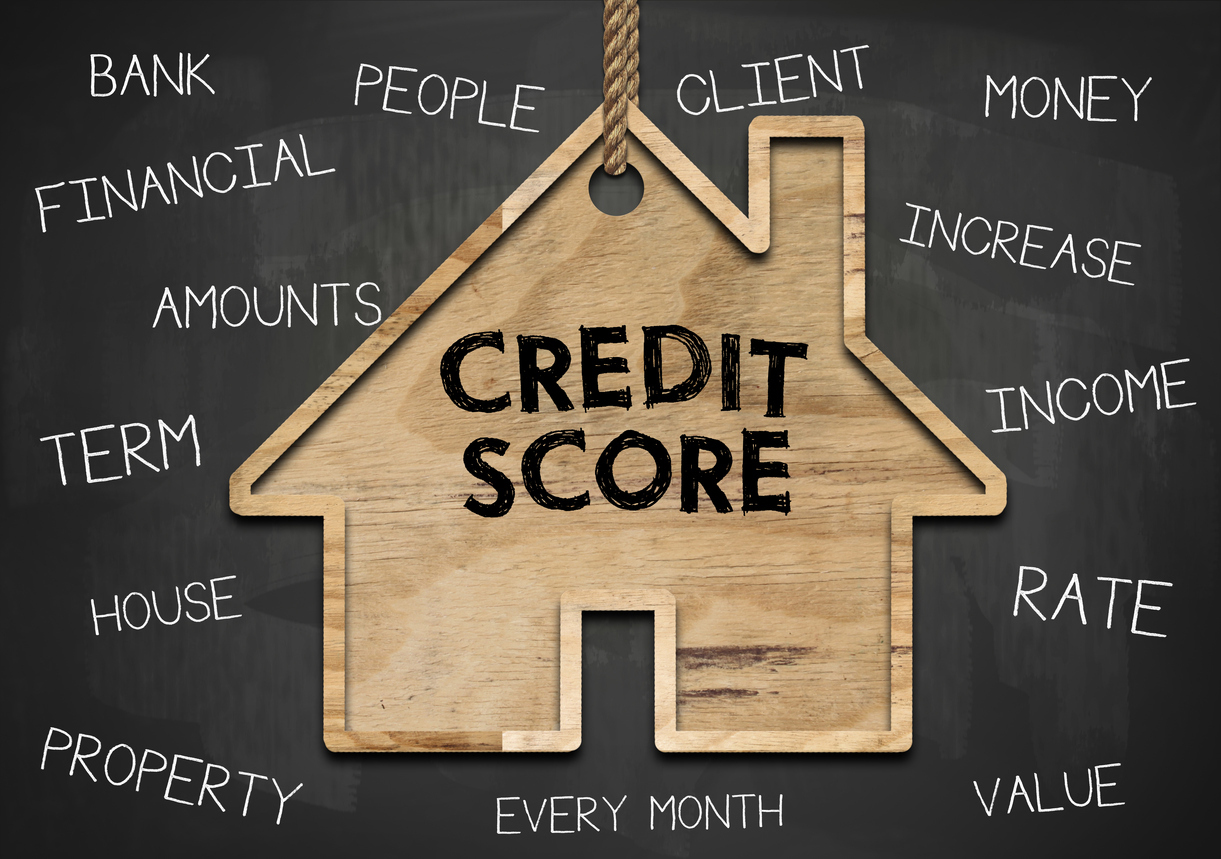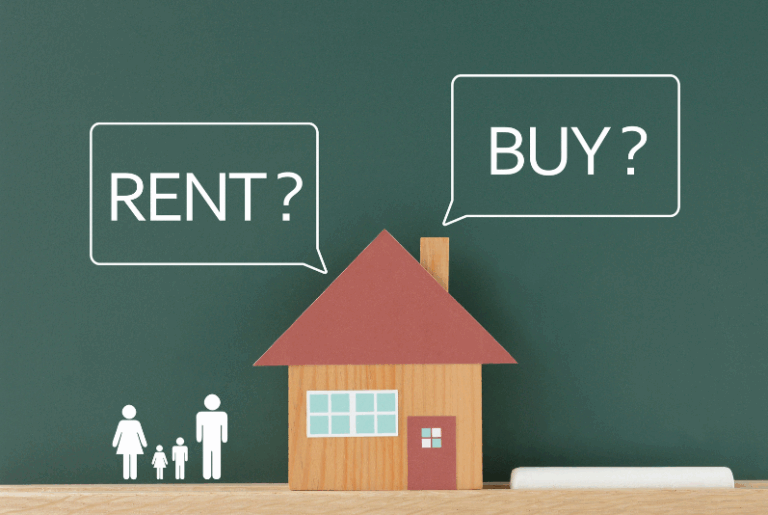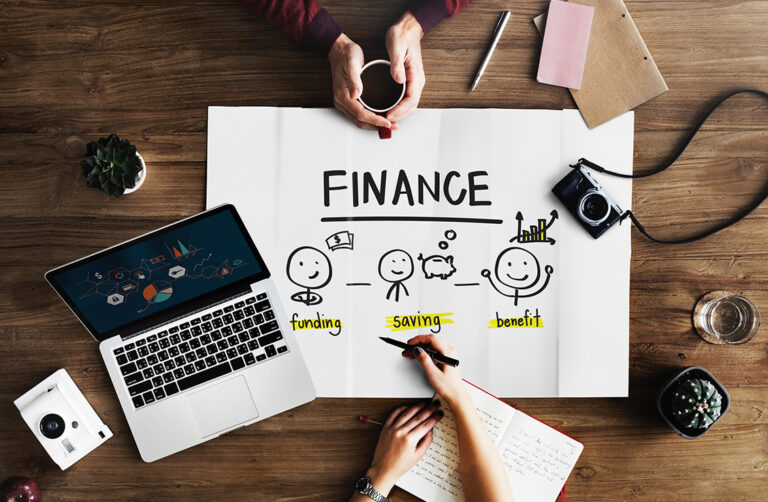
Your credit score can feel like a mysterious number—but it controls more of your life than you realize. If you’re just starting out or trying to fix past mistakes, building credit from scratch might feel impossible.
It’s not. And the sooner you understand the system, the faster you can use it to your advantage.
What Is Credit, Really?
Credit is trust. More specifically, it’s your financial reputation—a measure of how likely you are to repay borrowed money.
Your credit score influences:
- Loan approvals
- Interest rates
- Renting an apartment
- Getting a job (in some industries)
- Car insurance premiums
A strong score gives you options and savings. A weak score costs you time and money.
The Credit Score Breakdown
Most lenders use the FICO score, which ranges from 300 to 850.
What affects it:
- Payment history – 35%
Pay on time. Every time. - Amounts owed – 30%
Keep balances low on credit cards. - Length of credit history – 15%
Older accounts = better trust signals. - Credit mix – 10%
Credit cards + loans = stronger profile. - New credit inquiries – 10%
Too many applications = risk signal.
Step-by-Step: How to Build Credit from Zero
1. Open a Secured Credit Card
A secured card requires a deposit—usually $200–$500—and works like a regular card.
Why it helps:
- Reports to credit bureaus
- Builds payment history
- Keeps limits low (which helps discipline)
Use it for small recurring charges, pay it off monthly, and let it grow your score.
2. Become an Authorized User
Ask a trusted family member (with good credit) to add you to their card.
You don’t even have to use it—just being linked to a well-managed account helps your file.
Make sure:
- The card reports to credit bureaus
- The account has no missed payments
- The utilization is low
This is one of the fastest hacks to boost thin credit.
3. Use a Credit Builder Loan
Offered by credit unions and fintech apps, these loans:
- Hold your “loan” in a savings account
- You make fixed payments
- Once paid off, the money is released to you
It’s like training wheels for real loans.
Key Habits That Build Credit Fast
- Always pay on time (even one missed payment can drop your score 50+ points)
- Keep credit card balances under 30% of your limit (under 10% is ideal)
- Don’t open too many new accounts at once
- Set auto-pay to avoid late payments
- Monitor your credit with free tools (like Credit Karma or your bank)
Mistakes to Avoid
- Closing old accounts: Age matters—keep them open even if unused
- Maxing out your cards: High utilization signals risk, even if you pay in full
- Co-signing loans: If the other person defaults, your credit suffers
- Ignoring student loans: Payment history matters more than amount owed
- Missing payments by a few days: Late is late—set reminders
How Long Does It Take to Build Good Credit?
Starting from zero:
- After 3–6 months of on-time payments, you’ll generate a score
- After 1 year, you can hit 650+
- After 2+ years of perfect history, 700+ is possible
Consistency > tricks. Patience is part of the process.
Why Good Credit Saves You Money
A high credit score can mean:
- Lower interest on mortgages, car loans, and personal loans
- Higher approval odds for apartments
- Better rewards cards
- More negotiating power
Example:
A $250,000 mortgage at 6.5% vs 5.5% = $50,000+ more paid over 30 years
All because of your credit score.
Final Thoughts
Credit isn’t just for buying things. It’s a tool to access better opportunities.
Building credit from scratch takes intention, not perfection. Start with a secured card, build good habits, and treat your score like your resume—it speaks before you do.
In 12 months, your financial options could look completely different. It starts with one good decision.







